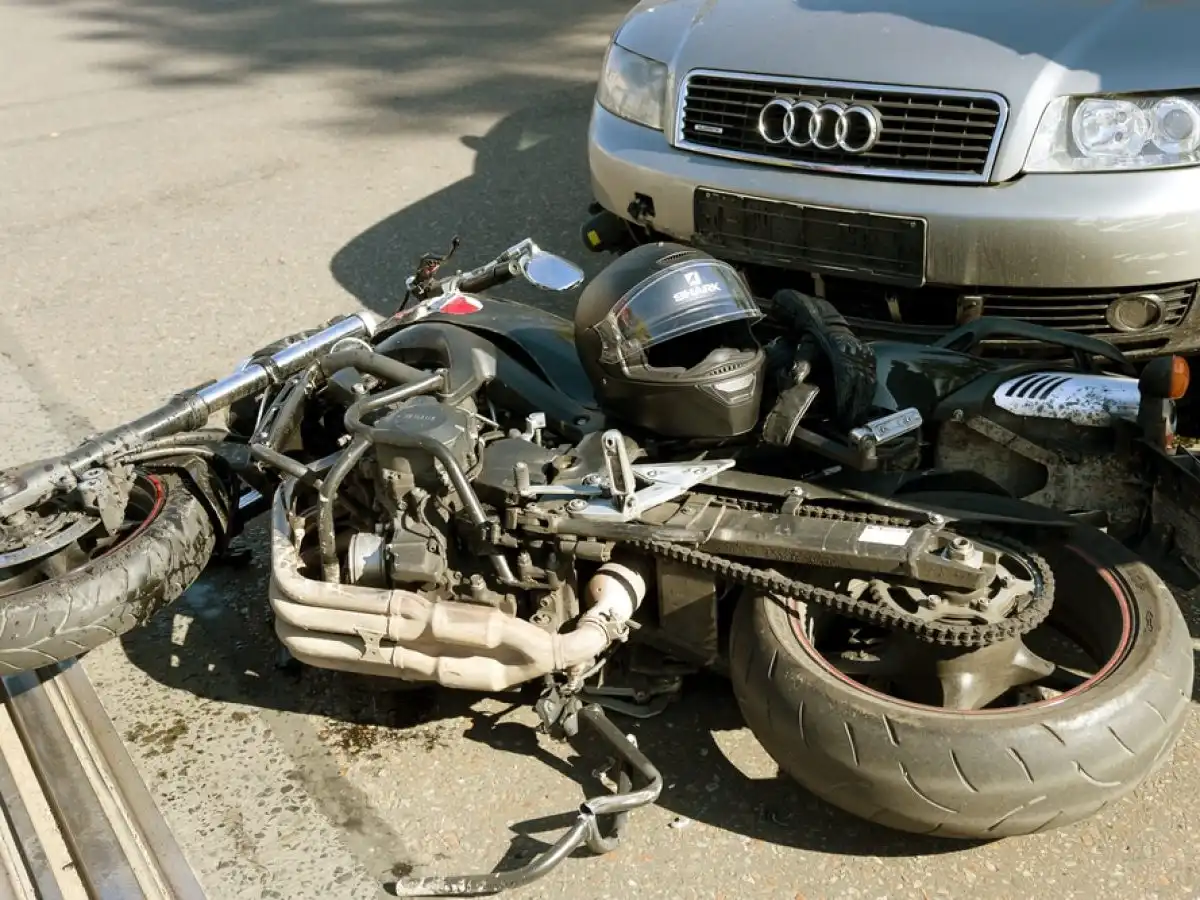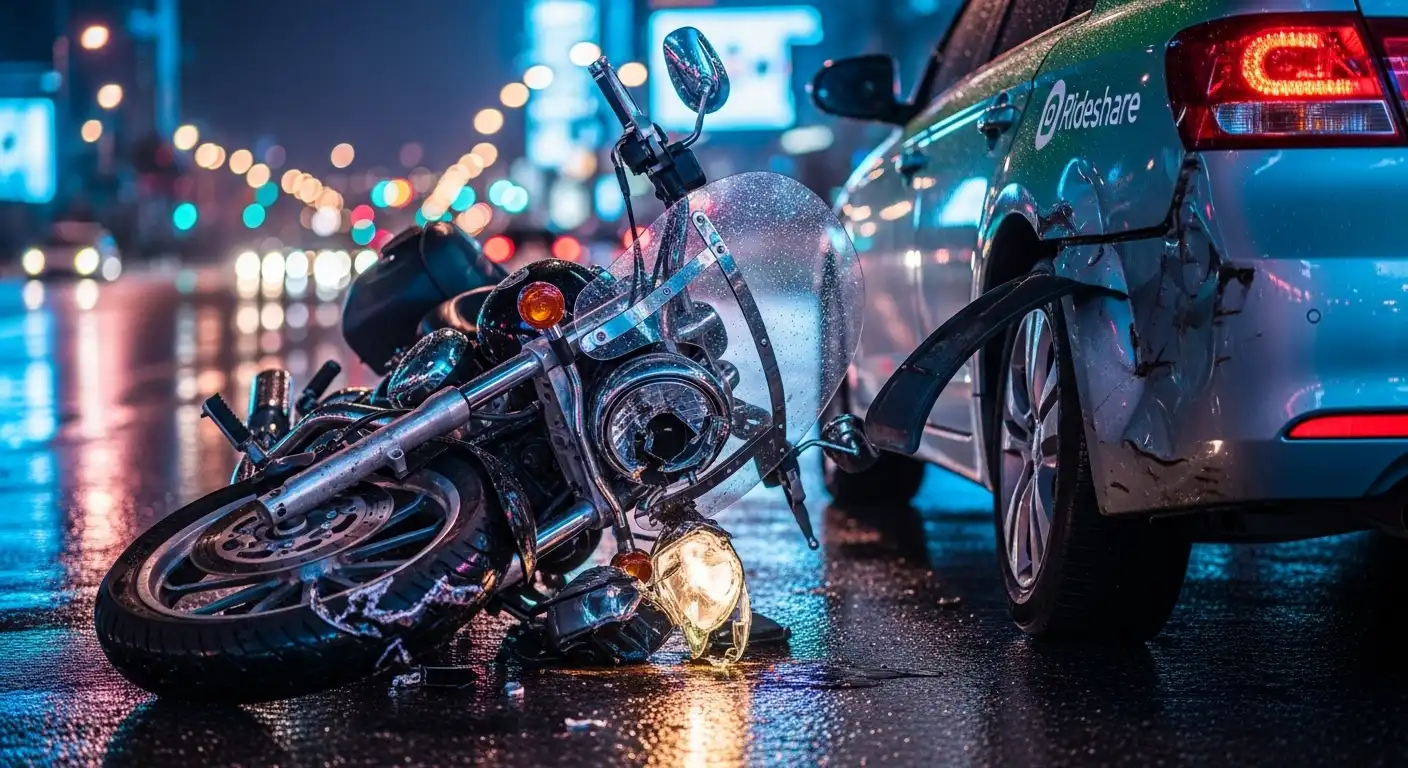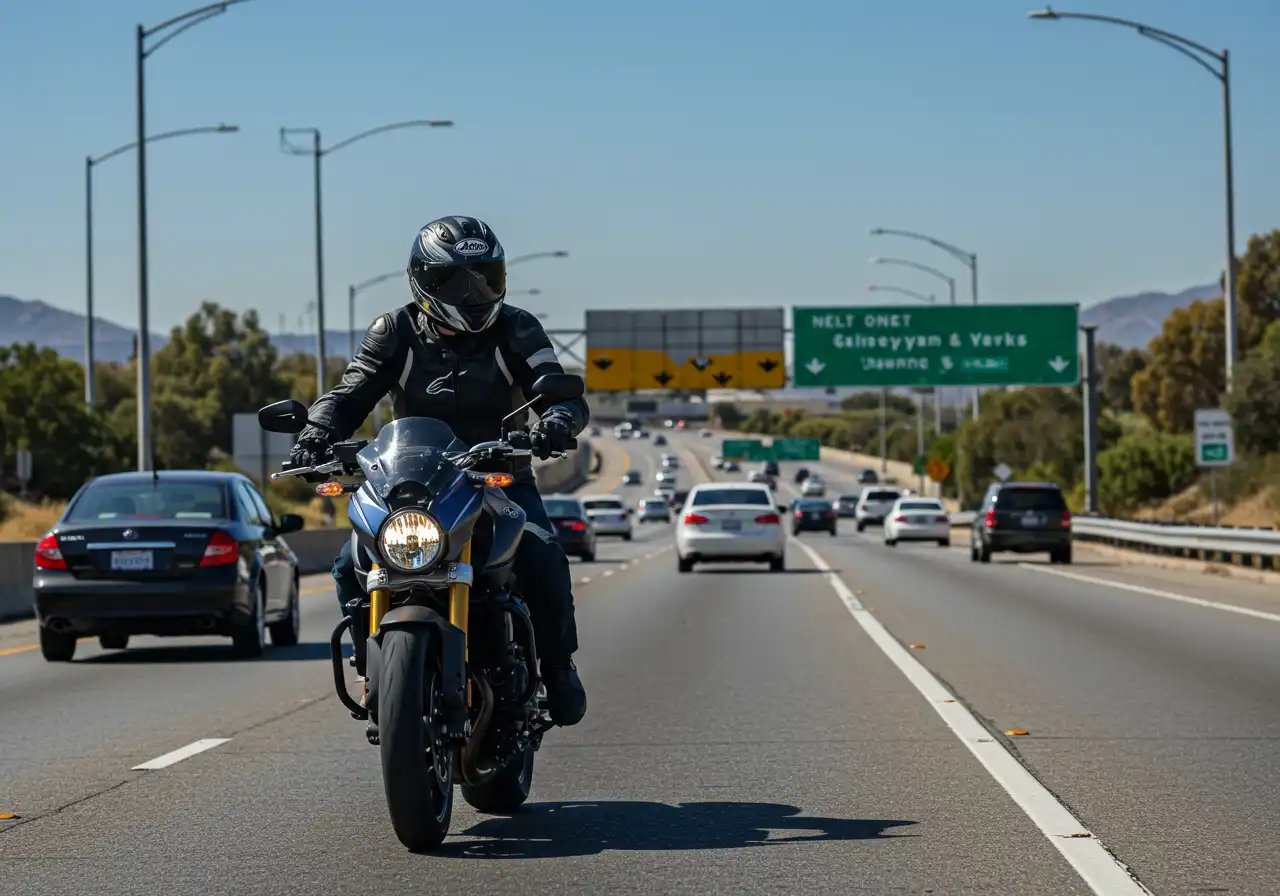Motorcycle accidents are traumatic events that can result in serious injuries or even death. If you’re involved in a motorcycle crash in San Francisco, it’s important to know how to handle the situation properly to protect your health, your rights, and your legal options. This step-by-step guide will walk you through what you should do immediately after a motorcycle accident in San Francisco.
Step 1: Ensure Your Safety
The first priority in any accident is ensuring your safety. After a motorcycle crash, it’s important to:
-
Check for injuries: If you are able, check yourself and your passengers for injuries. Even if you don’t feel hurt, it’s important to stay alert for symptoms of hidden injuries, such as concussions or internal bleeding.
-
Move to safety: If possible, move to the side of the road to avoid further injury. However, if you’re seriously injured, do not try to move and wait for help to arrive.
-
Turn off your engine: This helps avoid any further damage or fire risks.
Step 2: Call 911 and Report the Accident
In San Francisco, it’s important to report the accident to law enforcement, even if it seems minor. Calling 911 serves several purposes:
-
Police will respond: Police officers will create an accident report, which is an essential piece of evidence for your insurance claim or any potential legal actions.
-
Medical assistance: If anyone is injured, emergency medical services (EMS) will be dispatched to provide treatment and transport individuals to the hospital if necessary.
-
Document the incident: The police report will contain important details about the accident, including the identities of the parties involved, statements from witnesses, and any citations or tickets issued.
Step 3: Collect Evidence and Document the Scene
If you are able, gather as much evidence as possible from the scene of the accident. This can greatly help your case in determining liability and securing compensation for damages. Some key things to collect include:
-
Take photographs: Document the damage to your motorcycle, any other vehicles involved, the surrounding area, road conditions, and any visible injuries. Photos can serve as key evidence in determining the cause of the accident.
-
Note the details: Write down the names, phone numbers, and insurance details of the other parties involved in the accident. Be sure to get the contact information for any witnesses as well.
-
Look for traffic cameras: In a city like San Francisco, there may be nearby traffic cameras that captured the accident. Try to locate and note their positions.
-
Record the weather and road conditions: Take note of the weather, visibility, and road conditions at the time of the accident. This information may be relevant in determining liability.
Step 4: Seek Medical Attention Immediately
Even if you don’t think you’ve been seriously injured, it’s always a good idea to seek medical attention after a motorcycle accident. Injuries such as concussions, whiplash, and internal injuries may not be immediately apparent. Going to a doctor or hospital ensures that:
-
You get the proper treatment: A doctor can assess your injuries and provide any necessary treatments.
-
You have a record of your injuries: Medical records serve as vital documentation when filing an insurance claim or pursuing a personal injury lawsuit.
Step 5: Contact Your Insurance Company
After the accident, contact your motorcycle insurance company to report the incident. Be prepared to provide:
-
Details of the accident: Include the time, date, and location of the accident, and any statements from the police or witnesses.
-
Medical reports: If you’ve sought medical treatment, share the details of any injuries with your insurance provider.
-
Evidence: Provide any photographs or other evidence you collected at the scene.
Your insurance company will guide you through the next steps and explain the claims process. Keep in mind that insurance companies may try to settle quickly or offer you a lower payout than you deserve. It’s crucial to know your rights and not settle for less than what you’re entitled to.
Step 6: Consult with a Motorcycle Accident Lawyer
Motorcycle accident cases can be complex, especially when determining fault and calculating damages. Consulting with a San Francisco motorcycle accident lawyer is crucial for several reasons:
-
Expert advice: A motorcycle accident lawyer can guide you through the legal process, helping you understand your rights and options.
-
Maximizing your compensation: An experienced attorney knows how to negotiate with insurance companies to ensure you receive a fair settlement. They can also take your case to court if necessary to get you the compensation you deserve for medical bills, lost wages, pain, and suffering.
-
Understanding California laws: California has specific laws regarding motorcycle accidents, including helmet laws, lane splitting, and comparative negligence rules. A lawyer familiar with these laws can help you navigate your case.
Step 7: File Your Motorcycle Accident Claim
Once you’ve consulted with an attorney, the next step is to file your insurance claim or personal injury lawsuit. Your lawyer will help you gather all necessary documentation, including medical records, photos, police reports, and any witness statements. In California, motorcycle accidents often involve issues of comparative negligence, meaning both parties may share responsibility. Your lawyer will work to establish the fault of the other party and ensure you receive fair compensation.
Step 8: Follow Up on Your Case
Keep track of the progress of your case and stay in close communication with your lawyer. They will handle the majority of the legal and paperwork tasks, but you may be required to attend depositions, medical evaluations, or settlement discussions.
Conclusion
Handling a motorcycle accident in San Francisco requires careful attention to detail and swift action. By following these steps—ensuring safety, contacting the authorities, gathering evidence, seeking medical attention, and consulting with a motorcycle accident lawyer—you can protect your health, legal rights, and chances for receiving the compensation you deserve.
If you’ve been involved in a motorcycle accident in San Francisco, don’t hesitate to contact an experienced motorcycle accident lawyer who can help you navigate the legal process and fight for your rights.


